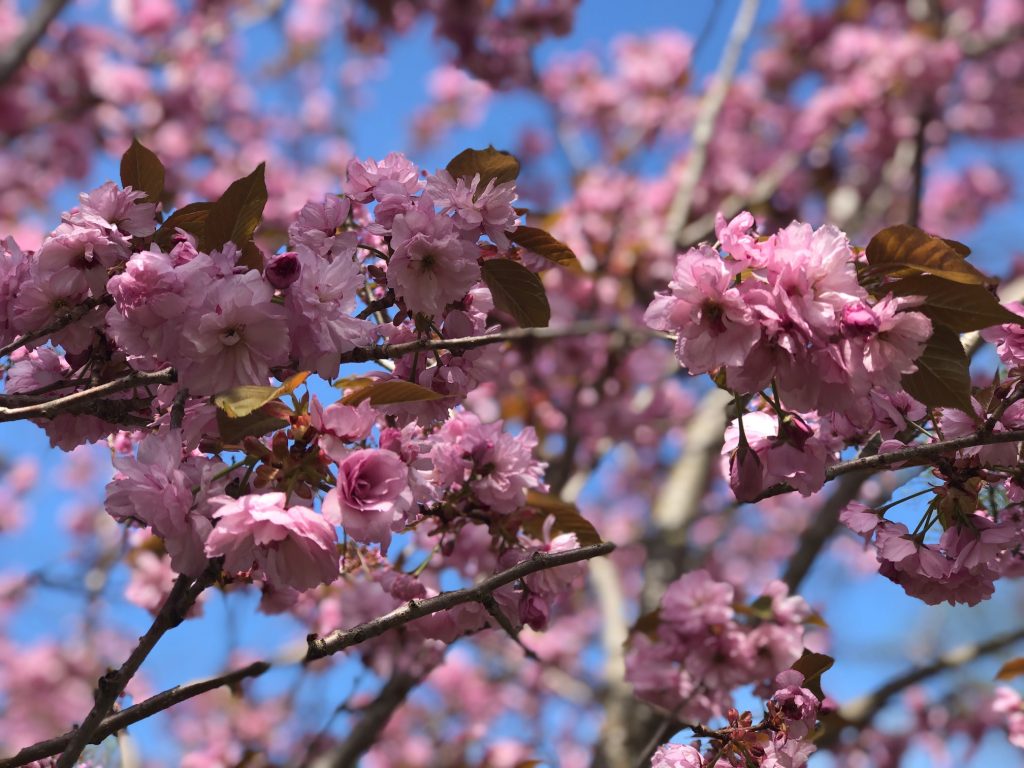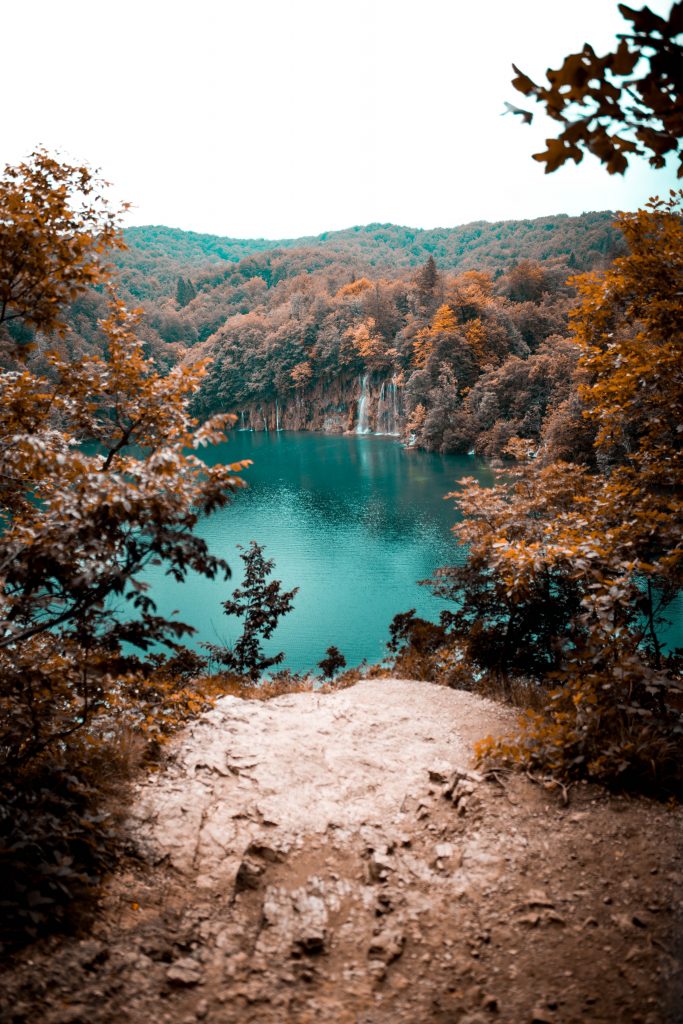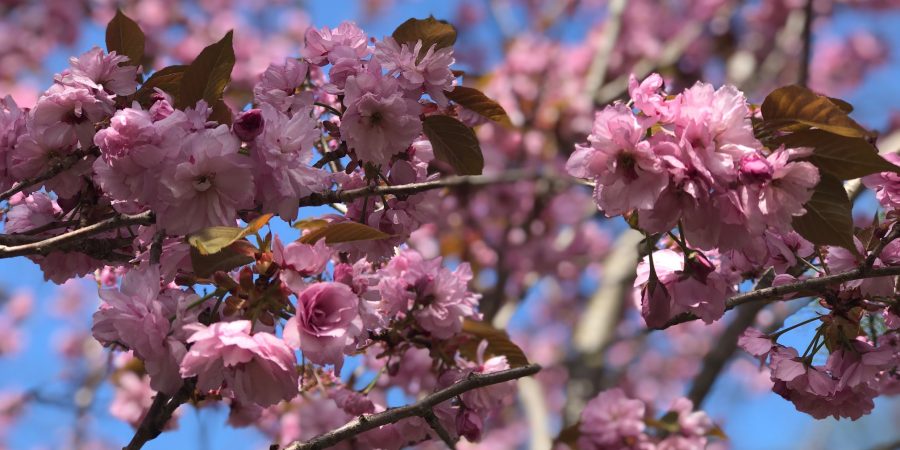
Nature therapy, or ecotherapy is not a new phenomenon. It has long been known that nature has positive impacts on your health and wellbeing and there is a growing amount of research that dives into the therapeutic benefits of nature.
Nature Therapy around the world
Friluftsliv: A Nordic Term
Friluftsliv, a Nordic term coined by Norwegian poet Henrik Ibsen, literally translates to “free air life”, and describes a connection and appreciation of nature. This term is rooted in the power of mindfulness and healing that is derived from time spent in nature.

Closeness to nature is extremely integrated into Norwegian culture. Outdoor activities such as skiing, hiking, walking, and going on a cabin trip are incredibly popular. Norway is famous for its breathtaking landscape and great fjords so it’s no surprise that nature is valued in their culture. It is even ingrained into their curriculum, with kindergartens dedicating several hours each day for outdoor time for children.
Forest Bathing in Japan
In Japan, the practice of forest bathing, or shinrin-yoku, has been around since the early 1980s, when the Forest Agency of Japan advocated for time spent walking in the woods for health benefits. The Japanese National Ministries of Forestry and Health as Forest Therapy Bases have funded special land designated for forest bathing as an official health intervention technique.
Forest bathing in Japan was largely promoted to address prevalent problems in society including sedentary lifestyle, over-exposure to media and screens, isolation, and lack of community, according to Dr. Alan Logan, ND, co-author of “Your Brain on Nature”.

What can we learn from these countries?
Norway and Japan happen to be two of the highest ranking countries in terms of health and wellbeing. Norway is repeatedly ranked as one of the happiest places in the world, according to the World Happiness Report and Japanese people have one of the longest life expectancies in the world.
While there are many contributing factors to explain these rankings, we have significant evidence to support the correlation of the country’s connection to nature and their positive outcomes in happiness and longevity.
Scientific research has shown that Nature therapy has significant benefits in lowering stress, and boosting the immune system.
A Natural Stress Reliever
Spending time in nature has shown to reduce stress, an aggravator of many mental and physical ailments such as headaches, raised blood pressure, lowered immunity, and inflammation.
Spending time in nature stimulates the parasympathetic nervous system, which prompts a state of rest and relaxation.
According to the Association of Nature & Forest Therapy, “Leisurely forest walks, compared with urban walks, show a 12.4 percent decrease in the stress hormone cortisol, a 7 percent decrease in sympathetic nerve activity, a 1.4 percent decrease in blood pressure, and a 5.8 percent decrease in heart rate”
Lowering stress can also lead to a clearer mind and better concentration. A study of Outward Bound participants found that mental concentration and creative problem solving was 50% better after 3 days in the wilderness.
A Natural Immune Booster
Spending time in nature has also shown to boost the immune system. Not only does nature allow our body to de-stress, it actually promotes better functioning of our immune system. According to the Association of Nature & Forest Therapy, “In a 2007 study, men taking two hour walks in the woods over a two day period exhibited a 50% increase in levels of natural killer cells—the body’s disease fighting agents”
Japanese researchers also found that people who lived closer to or near forests had significantly lower rates of lung, breast, uterine, prostate, kidney, and colon cancers, according to this study.
How does this work?
Phytoncides: Nature’s Immune Booster

Phytoncides are natural chemicals produced by Evergreen trees which are shown to aid in boosting the immune system, reduce stress hormones, lower anxiety, and reduce blood pressure.
Exercise & Vitamin D
Spending more time outside means that you are getting more exercise whether that be going for a run or a walk, and this can help to boost the immune system.
According to this study, people suffering from depression have lower vitamin D levels. Sunlight, which plays an important role in converting vitamin D to its usable form, and can help in explaining why Seasonal Affective Disorder (SAD) is more prevalent in the winter months when we have reduced sun exposure.
By spending more time outside, you are getting more Vitamin D and exercise, both critical to our immune functioning.
Screen Detox
Studies prove that blue light emitted from our screens block our melatonin production, and trigger cortisol, our stress hormone. Taking a break from screen to go outside can aid in regulating melatonin production, improving circadian rhythms and the quality of our sleep, and regulating our stress.
How can you get the therapeutic benefits of nature therapy?
Go for a daily walk
According to this study, just 20 minutes in nature was shown to significantly decrease cortisol levels (18.5% cortisol drop/h). And this study confirms that just 2 hours a week (17 minutes a day) in nature reaps significant health benefits.
Going for a short walk for a break during your day can be enough to start seeing improvements in your mental and physical health.
Practice grounding
Grounding, also known as earthing, is simply having direct contact with the earth. This method has shown to have amazing health benefits. The idea is that we can get benefits from the earth’s electrons. This method has demonstrated to have the following health benefits:
- Lessen inflammation
- Increase immune response
- Speed wound healing
- Help with chronic autoimmune disorders
- Improve sleep
- Decrease stress and heart rate
- Reduce pain
This study examines grounding and its effect on inflammation, wound healing, and chronic autoimmune disorder. It explains the positive effect of the earth’s electrons and wound healing.
This study examines the effects of grounding on stress and heart rate, noting that grounding decreased symptoms of “ anxiety, emotional stress, panic, fear, and/or symptoms of autonomic dystonia, including headaches, cardiac palpitations, and dizziness” in just 20-40 minutes.
This study delves into grounding and its effects on sleep and pain. “Eleven of 12 participants reported falling asleep more quickly, and all 12 reported waking up fewer times at night. Grounding the body at night during sleep also appears to positively affect morning fatigue levels, daytime energy, and nighttime pain levels”

A simple way to do grounding technique is by walking barefoot in a quiet area (make sure you are in a clean and safe area to do so). If you live by a beach, walking barefoot in the sand is a perfect place to do this. Otherwise, you can get the same benefits by walking around in the grass, or even sitting down in the grass with a good book or some music.
Integrate nature into your home
Integrating nature into your work environment or your home is a great way to reap some of the benefits of de-stressing and increased concentration, even when you don’t have time to go for a walk outside.
Studies show that having plants in your work space increases productivity by 15%. And this study shows that having an office by a window with natural light experienced a 10% decrease in drowsiness, and an 84% decrease in symptoms of digital eye strain including headaches and blurry vision.

So even if you can’t get out for a walk every day, incorporating nature into your work space by having a plant or working by a window can help you be more productive and focused.
The growing body of research shows that spending more time connecting with nature has profound healing effects on our health and wellbeing. Even taking a quick 20 minute walk each day reaps significant health benefits, helping us de-stress, which comes with a host of benefits including improving our immune functioning and regulating our sleep.
It doesn’t take much effort to take advantage of the healing power of nature, and the research shows the significant benefits to your health and wellbeing are endless.
For more information about nature therapy check out these books:
- Braiding Sweetgass by Robin Wall Kimmerer
- Vitamin N by Richard Louv
- Rewilding Our Hearts by Marc Bekoff
- The Japanese Art of Shinrin Yoku Forest Bathing by Yoshifumi
Other Resources:
“Forest Bathing Is an Evidence-Based Wellness Practice.” Forest Bathing Is an Evidence-Based Wellness Practice, www.natureandforesttherapy.org/about/science.
“How to Experience Nature the Norwegian Way.” Norwegian Academy, 15 Sept. 2018, norwegianacademy.com/how-to-experience-nature-the-norwegian-way/.
Lorenzo, Carolyn de. “The Norwegian Practice Of Friluftsliv Is The One Self-Care Strategy To Keep Up This Winter.” Bustle, Bustle, 8 Nov. 2018, www.bustle.com/p/what-is-friluftsliv-the-norwegian-concept-can-make-a-big-difference-in-your-mental-health-13115844.
Selhub, Eva. “A Doctor Explains How To Take Advantage Of The Healing Powers Of Nature.” Mindbodygreen, Mindbodygreen, 17 Oct. 2017, www.mindbodygreen.com/0-30024/a-doctor-explains-how-to-take-advantage-of-the-healing-powers-of-nature.html.
Spector, Nicole. “Where You Sit or Stand at Work Can Boost Your Productivity.” NBCNews.com, NBCUniversal News Group, 22 May 2018, www.nbcnews.com/better/pop-culture/sitting-window-can-boost-your-productivity-ncna873991.
